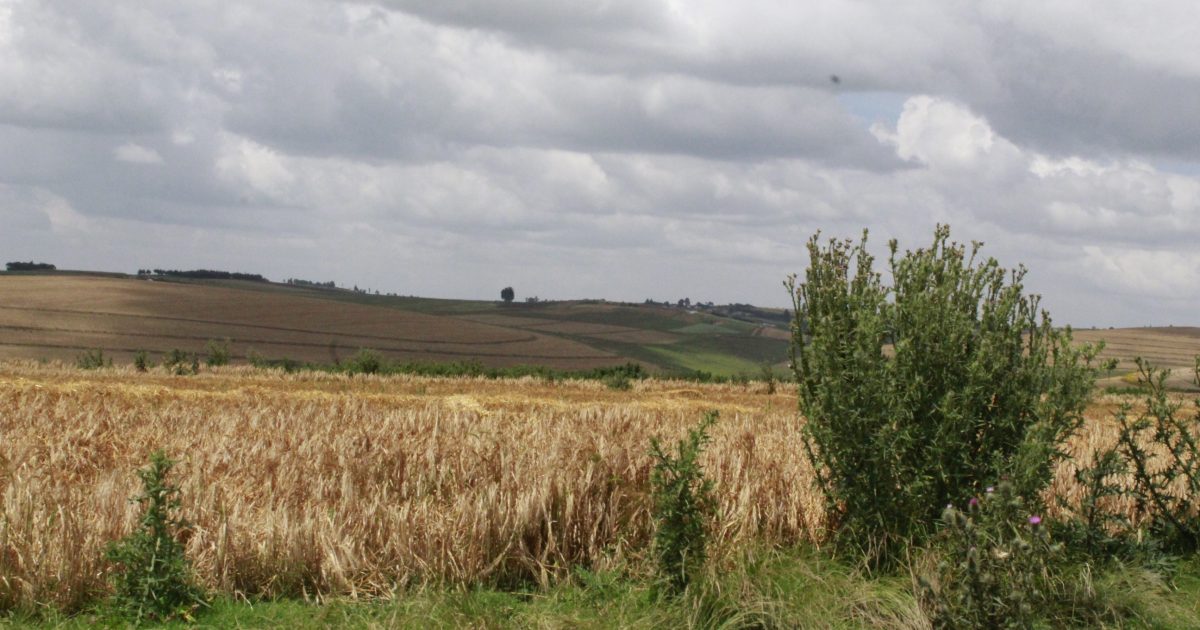Barley farmers in Narok County are crying foul after East African Breweries Limited (EABL) confirmed it would not buy their produce in the near future.
Denis Ole Nkaiwatei, a prominent barley farmer said they received a Short Message Service (SMS) from EABL asking them not to supply them with barley until further notice.
Ole Nkaiwatei lamented that by the time they received the message, many farmers had their crop almost ready in the shamba with only a few days to harvest.
“We understand that the move could have been triggered by the Presidential Directive banning the sale of alcohol to avert the fast spread of Covid-19, but we are wondering what to do because we had already planted the crop,” said Ole Nkaiwatei.
The farmer who spoke to KNA Tuesday asked the government through the department of Agriculture to chip in and help in buying their produce saying they invested heavily in planting.
“Our only market is EABL which buys directly from the farmers, but with the short notice, I believe many farmers will incur millions of losses,” said the farmer.
He confirmed that he had planted 20 acres of barley, now at the flowering stage and the crop will be ready for harvest in a month’s time, leaving him wondering where to take the produce.
“We thank God that this year has had enough rainfall and so the crops did very well, but it is unfortunate that the farmers will not benefit from their labour due to lack of market,” reiterated Ole Nkaiwatei.
This comes only six months after EABL launched two barley varieties expected to boost the farmers’ production by over ten percent.
The varieties named Aliciana and Grace Varieties were expected to increase the production of barley in the county to over 50, 000 tons by the end of 2020.
The Barley Growers Association of Kenya (BAGAK) Narok Branch Secretary, Joseph Ole Mpaaira said despite the high harvest occasioned by the new varieties and favourable weather, the farmers will incur huge losses due to lack of market.
He added most farmers in the Mau region depend on barley for their livelihood, hence the ban by EABL was a big blow.
Mau region mostly depend on barley for their livelihood, hence the introduction of a better variety was a major boost to them.
Narok produces the bulk of barley consumed in the country and farmers harvest over 3 million bags when the weather is favourable.
By Ann Salaton





